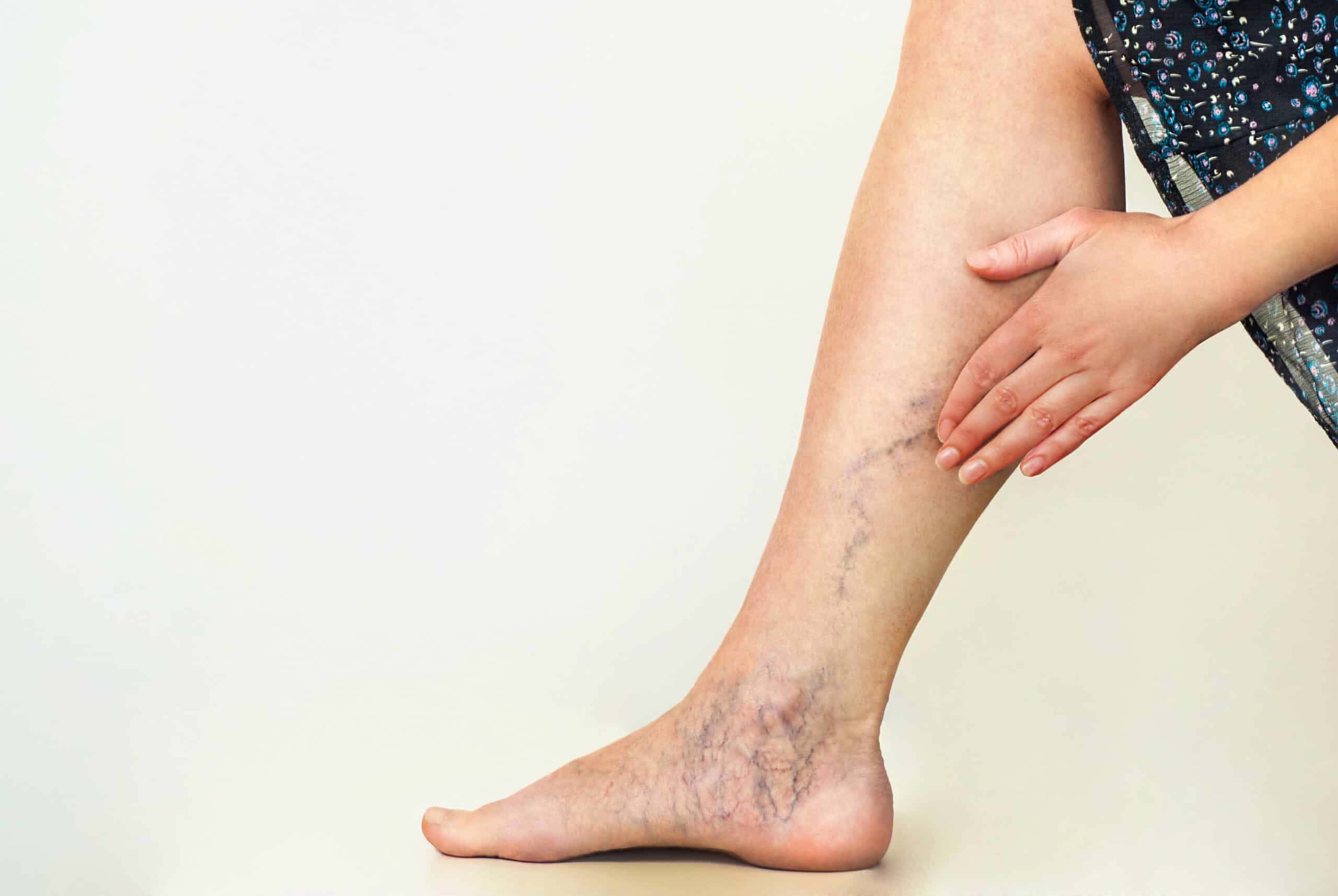What is Isotrex Gel?
Isotrex gel contains the active ingredient Isotretinoin. It belongs to a group of medicines known as retinoids, which are derivatives of vitamin A. When applied to the skin isotretinoin is thought to loosen the cells on the surface of the skin. This helps to unblock pores so that the skin’s natural oil-producing glands can function normally.
What should I expect from Isotrex Gel?
The important thing to remember is Isotrex Gel may be an irritant and, therefore, your skin may become inflamed and peel if you use the preparation too liberally. Your skin will, however, build up a tolerance to it with time. It is, therefore, appropriate to start to use the product intermittently and this could either be for three or four hours a day or just overnight twice a week. This depends on which regime is easier for you and as advised by your Dermatologist.
If you use the Gel intermittently for approximately two weeks you can then start to use the preparation overnight every other night and, assuming you get no untoward reactions in terms of redness or dramatic peeling, you can start to skincare every night after another two weeks or as directed by your Dermatologist. This regime usually allows you to build up tolerance to the Isotrex without too much local irritation. You should not apply the product to any treated areas of skin until they have healed completely. If you develop any reaction, stop using the Isotrex and continue your normal skin care routine and seek the advice of your Dermatologiost. The reaction will settle over a few days and you can then re-start more cautiously as advised by your Dermatologist.
What side effects are there from Isotrex Gel?
Medicines and their possible side effects can affect individual people in different ways. The following are some of the side effects that are known to be associated with Isotrex gel. Just because a side effect is stated here doesn’t mean that all people using Isotrex will experience that or any side effect.
- Skin irritation at the application site, eg stinging, burning, redness, tenderness, dryness, itching or peeling.
- Increased sensitivity of the skin to sunlight.
- Changes in skin pigmentation.
Negligible amounts of isotretinoin are absorbed into the bloodstream when it’s applied to the skin, so it’s not associated with the same side effects as isotretinoin capsules.
As Isotrex may make your skin slightly more sensitive you should be cautious about using other preparations containing Vitamin A. You will also need to be more prudent about sun protection and sun avoidance. If you are travelling to any hot country, your Dermatologist would suggest you stop using Isotrex 7-10 days before your departure. Resume use cautiously when you return as advised by your Dermatologist.








